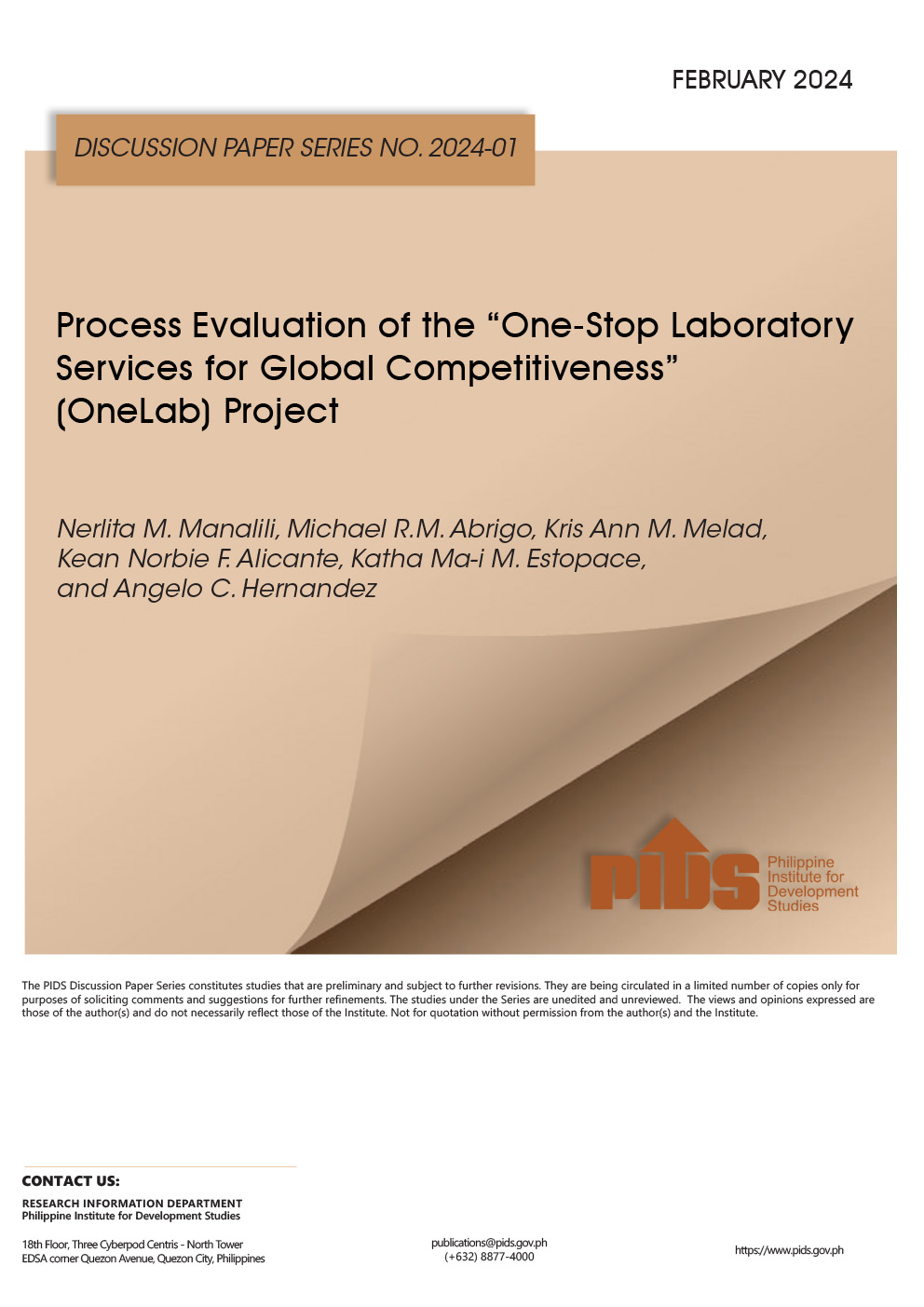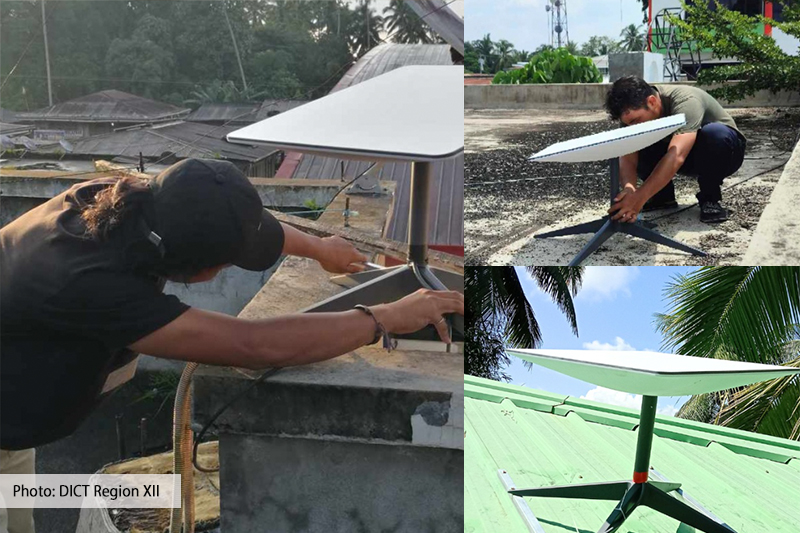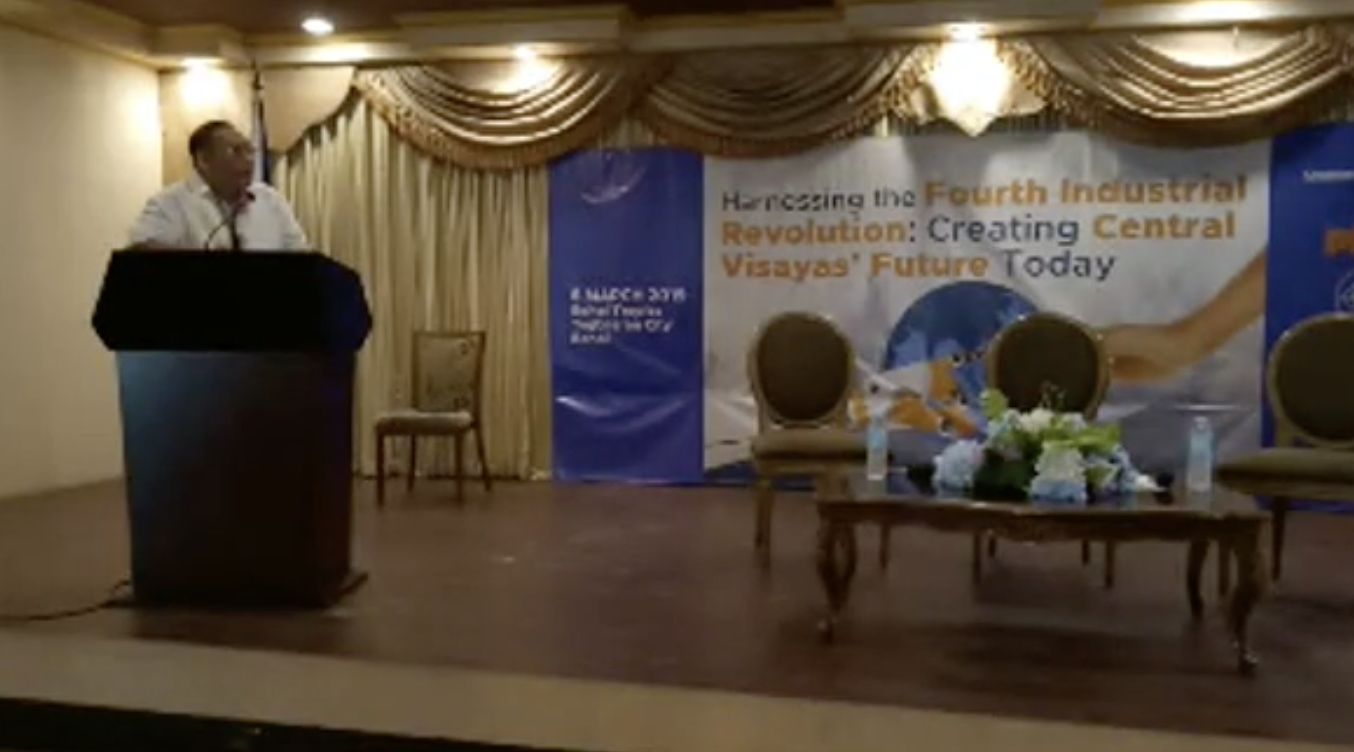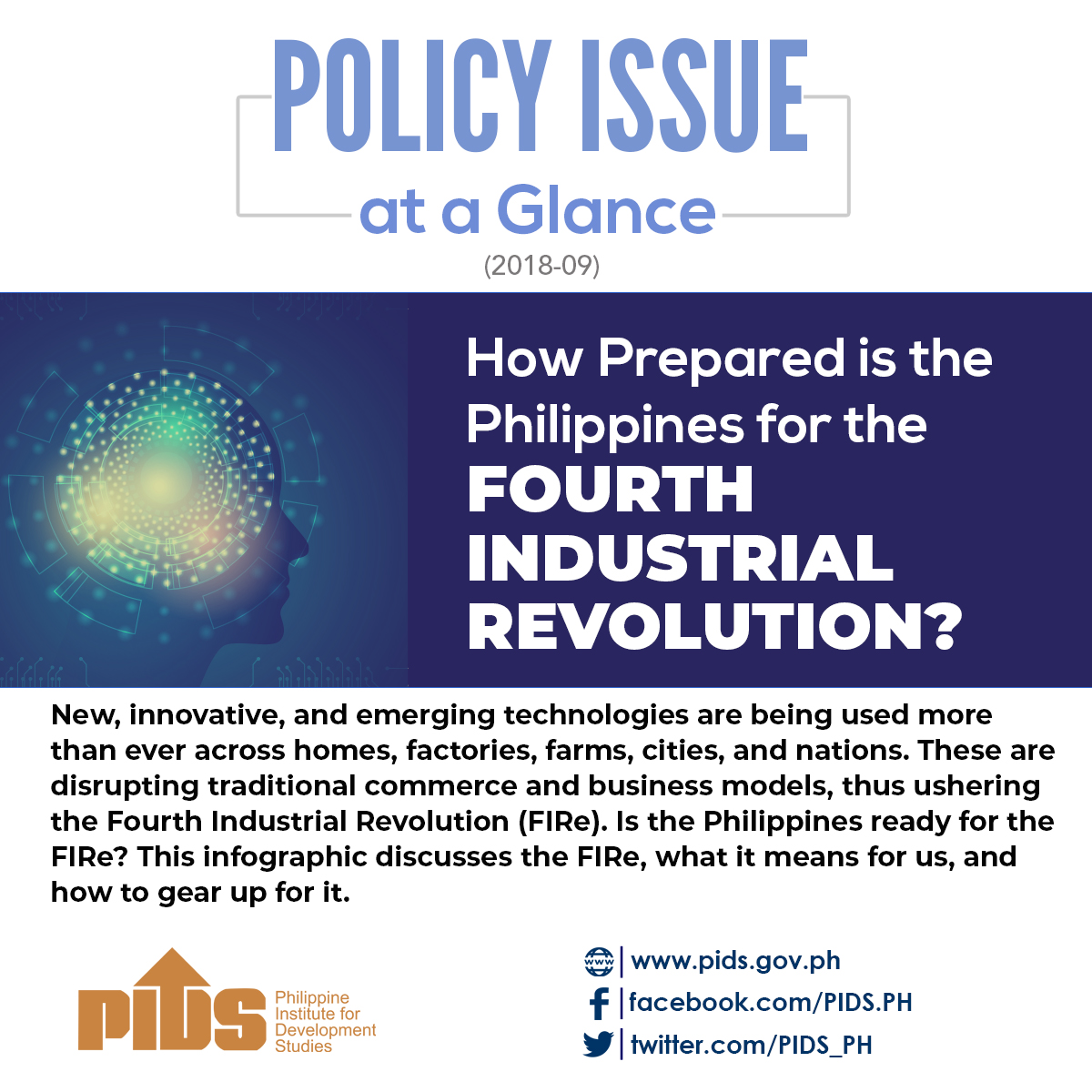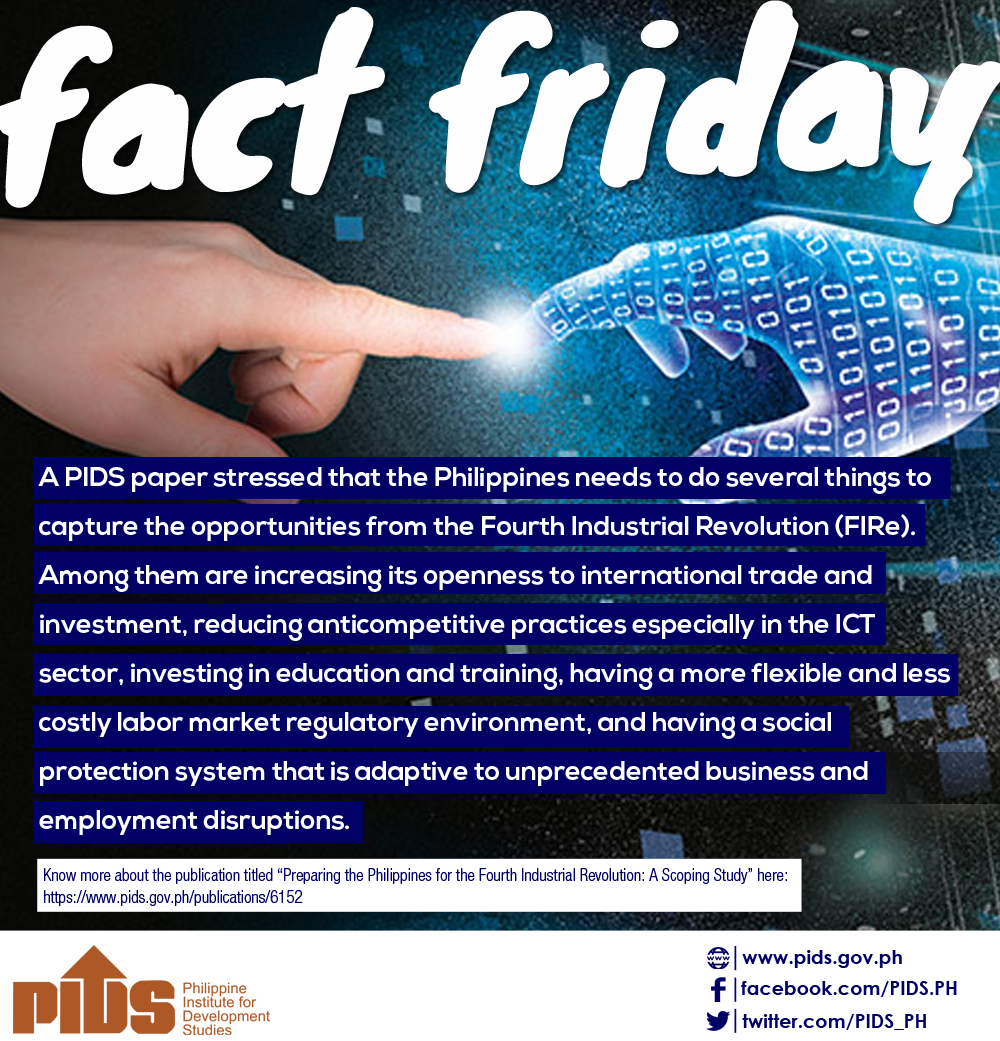As the fourth industrial revolution sweeps the West, pundits are antsy. Many are also worried local small businesses may only get charcoal bits from its promised gains and workers get burned.
Like its predecessor, this FIRe—as Jose Ramon Albert of the Philippine Institute for Development Studies coined—is beneficial for those who can tame its negative spasms. Such is the view of Carlos Korten, the Filipino-American founder and managing director of Pasig Hudson Consulting.
In Photo: Workers out on a break at a construction site in Bonifacio Global City, Taguig.
Korten told the BusinessMirror in an email interview that the original Industrial Revolution that clutched 18th-century England created unprecedented wealth for industrialists. Further, the University of Chicago economics graduate noted historians and economists will look back on this era and make parallels based on the transfer of wealth, influence and prestige.
If the Philippines plays with FIRe correctly, Korten said the basic benefit will be jobs and wealth creation. But more significantly, Korten believes FIRe will reshape society and ways in which people and institutions interact with each other.
Even Jose Enrique Africa of independent think tank IBON Foundation acknowledged the elements of FIRe—new technologies such as artificial intelligence and machine learning—seems exciting in the initial stage to the extent that they end tedious, repetitive and dangerous work.
Africa told the BusinessMirror the benefits to be derived from new technology, however, will be irrelevant if they cannot produce economic democratization.
“But if the benefits of current technology are not shared under prevailing economic arrangements, there is no reason to expect that the benefits of new technologies will be shared in the future,” the Ibon Philippines managing director said.
Reduction
THE Employers Confederation of the Philippines (Ecop) shares Africa’s view. An Ecop official believes FIRe could sear the local business community and take a hit from the global economy’s transition to digitization.
Before embarking on FIRe, Jose Enrique Africa of IBON Foundation said the government must first tackle the plight of the informal sector working in backward conditions with low pay, no or low benefits, and constant economic insecurity
Ecop Director General Jose Roland A. Moya said Philippine firms will see their competitiveness decline if they do not adapt to new technologies in the workplace.
“There is no doubt that Philippine employers are now feeling the impact of the fourth industrial revolution, with changing work environments and flexible work arrangements as one of the earliest manifestations. However, Philippine companies are having a hard time adapting these new technologies as evidenced by the country’s regional and global rank on firm level technology absorption,” Moya explained in a recent forum.
In the World Economic Forum’s Global Competitiveness Index 2017-2018 edition, the Philippines ranked 83rd in terms of technological readiness among 137 economies. In detail, it placed 73rd in availability of latest technologies and 51st in firm level technology absorption.
This is proof of the country’s slow progress in keeping up with the changes brought about by the fourth industrial revolution, Moya explained. If this trend persists, he warned local firms could suffer from loss of competitiveness.
He pointed to lack of resources, information and capability as leading factors for the lagging performance of Philippine firms in digitizing their operations.
“Inability to catch up with technological advancements can only lead to a decline in competitiveness due to untapped opportunities to maximize productivity,” Moya said. “This occurs both at the national and global levels, where firms not only lose to competitors within their countries who are able to adapt, but also within the context of the global supply chain.
Employment
MOYA particularly has lamentations over the Duterte administration’s labor policies, particularly on contractualization, which employers view as inconsistent and ambiguous. He claimed it has been distracting firms from investing time and resources on upgrading their technologies.
“It is also important to note that these exponential changes in the business landscape [are] occurring simultaneously with the constant redefinition of labor standards and regulations within the country,” Moya said. “Although Ecop has never wavered in its promotion of compliance with at least minimum requirements of the law, the organization acknowledges that compliance is getting more difficult since labor regulations are getting more stringent.
He explained that it is in this context that “the advent of the fourth industrial revolution presents another hurdle for the Philippine employer, despite the fact that new technologies can help counteract rising production costs in the long run.
“In some [Southeast Asian] countries for example, one key driver for robotic and automation deployment is increasing labor costs in the form of wage increases.
Moya also argued that automation can maintain, if not improve, output of firms without increasing production cost.
Vitriol
AUTOMATION, a key feature of FIRe, is a double-edged sword for Moya.
“Firstly, low-skilled workers will be displaced in favor of automation, and, secondly, workers with new and specialized skills will be required to manage and operate these new technologies,” Moya said.
Moya cited the International Labor Organization (ILO) as having found that automation and robotics, three-dimensional printing and cloud coordination are the three technologies that are expected to fundamentally alter the business landscape of a few key industries in the Association of Southeast Asian Nations (Asean) region.
“Automation and robotics not only enable higher productivity and output at lesser costs for the automotive, electronics and textile sectors, but also greatly reduce errors in output,” he said on September 4, citing the ILO as source. “3D printing, partnered with new body-scanning technologies, on the other hand, allows for more exactness in design for the textile, clothing and footwear industries.
According to Moya, these technologies are intended to perform routine functions typically done by low-skilled workers, which render them more vulnerable to job losses.
Again citing the ILO, Moya said over 81 percent of Filipino workers in the electronics sector are at high-risk displacement from automation.
“Displacement in the textiles, clothing and footwear sector, on the other hand, is gendered, because the industry predominantly employs women especially in low-skilled routine work.
Outsourcing
FIRe is increasingly felt in the business-process outsourcing (BPO) industry as artificial intelligence (AI) technology ran its progressive course.
“AI and other technologies help companies address [a] change in customer behavior. AI allows us to ‘connect the dots’, by bringing together all customer touch points into one place for the customer service agent to then provide a more efficient and better level of service, armed with all customer data,” Sudhir Agarwal, CEO of Everise and C3/CustomerContactChannels, told the BusinessMirror. “It also allows us to automate many repetitive tasks that previously the customer service employee would undertake. This then leaves more time for higher-value, customer-facing work.
Agarwal, however, believes technology will augment, not replace, human workers in the BPO industry.
“Not only will technology augment BPO employees, but it will usher in a demand for higher-value jobs, moving the sector and its millions of employees up the value chain,” he said. “With technology taking over many of the repetitive, mundane tasks, employees can concentrate on what really matters—customer engagement, which leads to better customer service and outcomes.
Africa, however, doesn’t believe so.
“New technologies that make workers even more replaceable will make this situation worse,” he said. “Employers have in recent decades also intensified their monitoring and control of workers’ actions and movements to optimize these for greater productivity and profit. New technologies will likely lead to even stricter employee monitoring and greater workplace stress for them.
Laggard
THE benefits of FIRe to industries outside BPOs, however, remain a distant dream as Korten said the Philippines has historically remained a laggard in terms of adapting to new technologies and opportunities—“satisfied to consume constructs and norms developed in other nations.
He warns that the country’s socioeconomic structures might create inequality when FIRe ultimately comes into the picture.
“In my view this is a new form of intellectual colonialism, where the Philippines has been satisfied to remain a passive consumer of global norms, rather than an independent and visionary force of its own,” Korten said.
“Can the Philippines find its own point of view and assert its prerogative to self-actualize?
For Africa, the more important matter is who is going to control these technologies. To ensure a level playing field, the government will have an important role in ensuring that the country rides the new technological wave on terms beneficial to the economy and to the people.
“Left to its own devices, the market will not create real opportunities for the country. Take the case of outsourcing. The Internet is still widely hailed and credited with the BPO and call-center boom,” he said. “Yet this has only repressed the creativity and ingenuity of hundreds of thousands of our youth who have been incentivized to do routine and monotonous work as cheap labor for largely foreign companies.
Utilitarian
AFRICA said the immediate problem of automation is the possible downward pressure on workers’ wages, benefits and job security as their leverage is diminished by their growing replaceability. The hardest impact will be felt by the lowest skilled and hence relatively least productive workers. There will be more disruptions if the state gives in to the capitalists’ demands for more flexible labor and contractual work.
“This problem reaches its peak upon the eventual steady or sudden displacement of huge numbers of workers. They will not find other work if domestic agriculture and Filipino industry have not progressed substantially by then and if we have not been able to correct the economy’s imbalanced service-orientedness,” he said.
“The long-term problem is that those technologies will just morph global production lines to be even more footloose according to the decisions of foreign transnational corporations (TNCs) about what production arrangements are most profitable for them. Moreover, greater opening to foreign investment will mean that technologically advanced foreign capital will just dominate local education, research and development, and production systems even more,” he added.
Techniques
KORTEN said increasing budgets in research and development, especially by government, is not enough to spur growth. Moreover, he said investment should be targeted into sectors with strategic value to the country, to drive secondary benefits and promote spin-off value.
“Investment should also be coupled with public policies and regulatory guidelines designed to promote the adoption of these technologies and techniques into the fabric of the country,” he added. “The leaders of the country need to actively promote risk taking and experimentation as a cultural ideal, to be prized and rewarded.
Nevertheless, Africa pointed out that the real issue is that the government should develop domestic agriculture and build Filipino industry as well as ensure that the gains from growth are distributed evenly. “It is not about merely embracing the [FIRe].
Africa said he sees nothing wrong with workers rebooting and retooling themselves to become more competitive to be more productive and drive economic and social progress.
“But here lies the rub in FIRe, because in the current circumstances workers are, precisely, expected to improve not for themselves or society but so that they will be profitable to hire by firms,” he said. “These trends more than ever highlight that the government has to take charge of the economy’s direction and not let it be overly influenced by what is acceptable or desired by foreign TNCs in their rational self-interested drive for profit maximization.
Intervention
Africa believes the state has to take up the cudgels of the economy under FIRe.
The government should set the direction of the economy, he said. Africa added that state actors shouldn’t be overly influenced by interests of foreign investors and transnational companies.
Korten, for his part, sees the role of the government as empowering.
It should encourage its thought leaders to advance the dialogue, create opportunities for domestic entrepreneurialism to find purely Filipino applications for these new technologies, he said. The state should invest in the development of these technologies and business practices to advance the strategic priorities of the country, Korten added.
“One of the greatest assets of the country is its young and hardworking labor force,” Korten said. How this can be mobilized is the question.
But before embarking on FIRe, Africa said the government must first tackle the plight of the informal sector working in backward conditions with low pay, no or low benefits, and constant economic insecurity.
“Tens of millions aspire to regular decent work in the formal sector but such work is already under grave threat as it is,” he said. “Absent a real change in government policy with greater intervention in the economy, the new technologies will just exacerbate already very adverse trends in the labor market,” Africa said.
Observations
WITH the coming of FIRe, Africa warned the exacerbation of the unemployment problem. As it is, for instance, Africa said the expansion of the manufacturing sector is not resulting in a commensurate increase in manufacturing jobs.
Ibon’s figures noted that the country’s manufacturing sector has been growing rapidly recently and expanded 61.8 percent between 2010 and 2017. Average annual growth of 7.6 percent in the 2010 to 2017 period is also well above the historical average of some 5 percent since 1950, the Ibon figures revealed. But then manufacturing employment only grew by 14.8 percent between 2010 and 2017, indicating already quite capital-intensive production.
“The likely job displacement also occurs amid very weak labor protections in particular and social protection in general. Workers will be displaced without unemployment benefits while facing increasingly expensive education, health and housing,” Africa said. “New technology is always dazzling but there’s more than enough experience from past technological ‘revolutions’ to teach us to be more measured in our enthusiasm.
Ibon has a point in viewing FIRe with skepticism. Even after 50 years in the running, Africa lamented that the so-called Third Industrial Revolution in electronics, computers and the Internet has not really benefitted the Philippines as the highest technology production in the country is being dominated by foreign firms in import-dependent export enclaves largely disconnected from the rest of the economy. “Domestic science and technology is also stifled by increasingly stringent intellectual property rights restrictions,” Africa explained.
New paths
For Korten, the choice in how these technologies will be applied depends on the hands of a new generation of founding fathers that will be sourced from the current generation. He said this generation of leaders will craft the design paradigm for a new era, set the rules and practices, ideals, among others.
For his part, Moya is urging the government to invest in education focused on engineering, data analytics and information technology. This way, students are matched with the needs of firms once the country adjusts to the age of digitization.
“For workers’ employability, focus on engineering, data analytics and information technology must be heightened and further promoted,” Moya said. “Emphasis must also be made on continuous learning, upskilling and reskilling in order to lessen as much as possible [the adverse impact of FIRe].
For Africa, the real issue is that the government should develop domestic agriculture and build Filipino industry as well as ensure that the gains from growth are distributed evenly. “It is not about merely embracing the ‘Fourth Industrial Revolution’ but about advancing national development and upholding the people’s rights and welfare,” he pointed out.
At the same time, Africa said developing Filipinos’ capacity in the most advanced technologies must be pursued because indigenous technological progress is a vital element for sustained and sustainable national economic development. “We need to aim for agricultural modernization and especially to become a high-technology industrial power,” he said.
For IBON, economic democratization must be the core of the new economy to ensure that the gains from technological and economic progress are distributed better. Worker incomes have to be increased through higher wages and benefits. He added a genuine land distribution and support to agriculture will incentivize and enable higher farm productivity.

